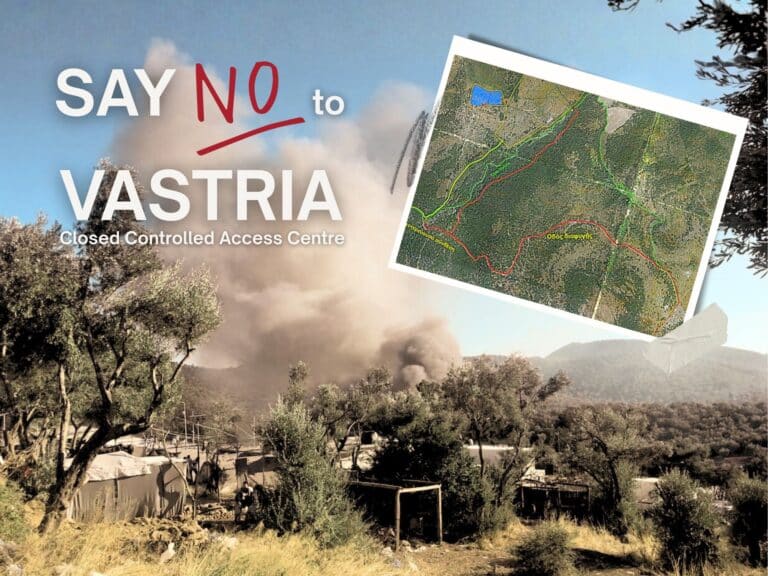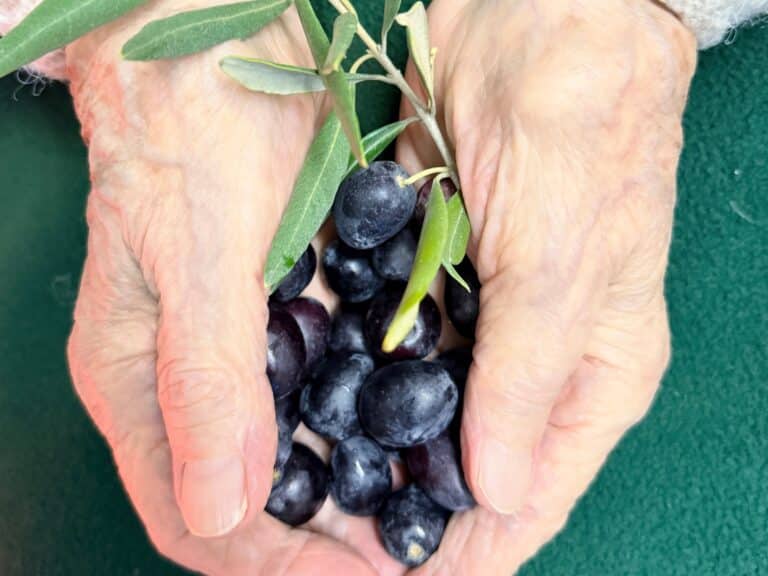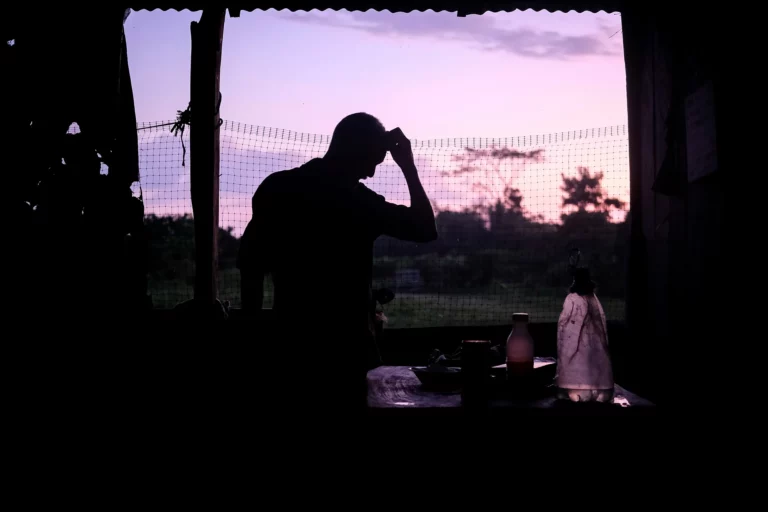After a long struggle, At-Tuwani on the grid by Sam Nichols [Note: The
following has been edited for length.
Nichols’ original piece is available at https://electronicintifada.net/v2/article11476.shtml] In August, the West Bank village of at-Tuwani, after nine years
of petitioning the Israeli District Coordinating Office (DCO) for access to electricity, and facing non-responses, delays,
requests for additional paperwork, confiscations and demolitions, has finally
received electricity. The State of Israel has long denied the Palestinians of the South Hebron Hills,
where at-Tuwani is located, the amenities it grants to Jewish settlements and
outposts. The nearby settlement, Ma’on,
and outpost, Havat Ma’on, have had an array of services since their
inception. Havat Ma’on is home to extremists
affiliated with the Kach party who were arrested in 2002 for attempting to blow
up a Palestinian girls school in Jerusalem. In an interview with the U.S.
Public Broadcasting Service, the founder of Maon Farm, Yehoshafat Tor, said,
regarding Palestinians, “We
are following our hearts. What we
should be doing is all written in the Bible. We just read it in our weekly Torah portion: expel the
Arabs. Kick them out!” (“Israel’s Next War,” Frontline, Public Broadcasting Service, 5 April 2005). He has also told the New York Times,
regarding the bombing of the girl’s school, ‘The Torah says we should kill all the Arabs, not just Arabs
who maybe help terrorists.
Everybody.’’
While Yehoshafat Tor and his family have access to infrastructure Israelis take
for granted, Palestinian communities in the South Hebron Hills are forced to
truck in water, heat it with donated solar panels, burn their trash, dig
cesspools, and rely on rainwater to nourish their crops. Israeli policies in Palestinian
communities in Area C, including those communities in the South Hebron Hills,
appear to have a similar motivation to that of the settlers—expelling the
Arabs.
Intense lobbying efforts by at-Tuwani residents, international human rights
organizations Christian Peacemaker Teams and Operation Dove, Israeli activists,
and others resulted in at-Tuwani receiving permits by the Israeli DCO to be
connected to the Palestinian electrical grid. The at-Tuwani Village Council brought in Israeli and
international activists, politicians (Quartet envoy Tony Blair came to hear about
the lack of basic services for the South Hebron Hills), Palestinian Authority
officials (who eventually provided the supplies to build the electricity
infrastructure prior to obtaining the permits from the Israeli DCO), and
Palestinian electrical engineers, to help accomplish the mission of bringing
electricity to the village.
The villagers’ story belongs in the late American historian Howard Zinn’s book,
A Power Governments Cannot Suppress. The Israeli government folded to a
village of 250 Palestinian farmers, shepherds, and schoolchildren. Their dedication to the pursuit of
equality, to the recognition of their rights as human beings, has brought one
small victory—not small in the sense that it should not be recognized or
celebrated; rather, a small victory because of the sea of obstacles and
injustices that remain for the people of at-Tuwani. Lush, green, developed settlements lie adjacent to the arid
and seemingly desolate village of at-Tuwani. Settlers remain above the law as they attack Palestinian
schoolchildren, farmers, and shepherds on a regular basis.
But on 12 August 2010, when electricity came to at-Tuwani, it seemed, at least
for a day, that the arc of the universe did not bend toward ethnic cleansing.
Inshallah, for many nights to
come, the electricity will shine in at-Tuwani.



